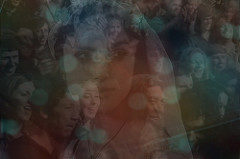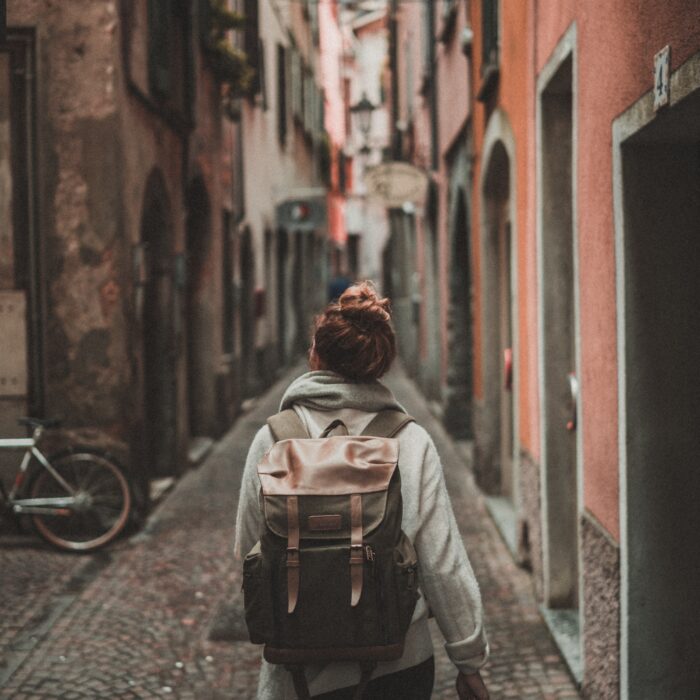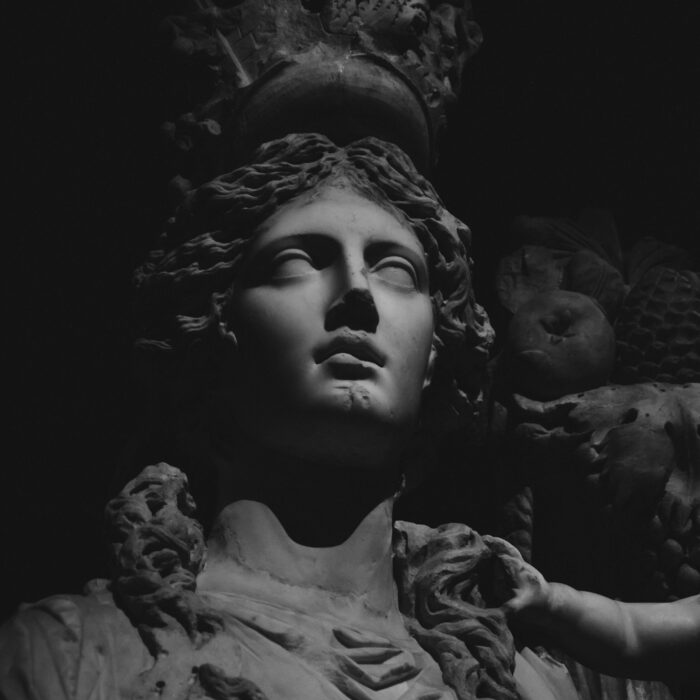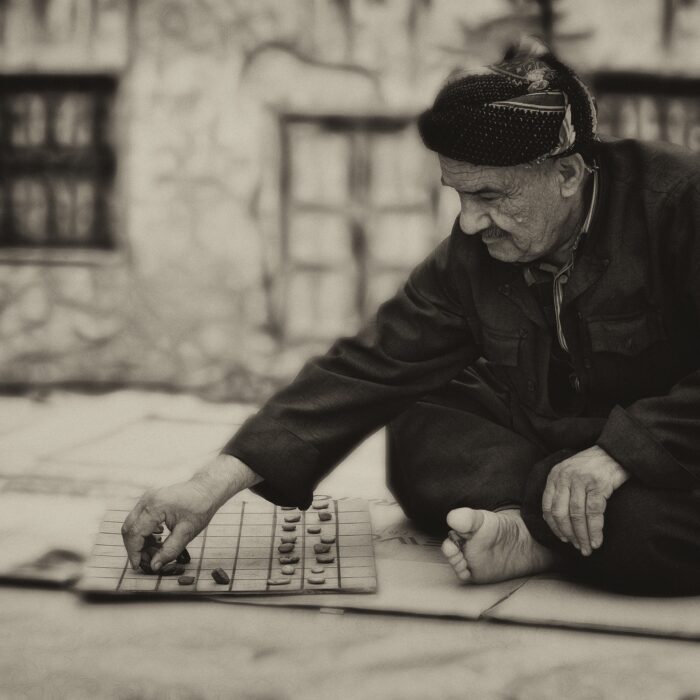You have no items in your cart. Want to get some nice things?
Go shopping We were just outside the building and I was looking for her. She was wearing a green saree the color of parrots. But there was no sign of Mother. The air was crisp and the streets were washed clean by the monsoon rains. The kulfiwala’s rang the cowbell, shouting, “Kulfi, kulfi. Malai kulfi. Kulfi, kulfi. Malai kulfi.” Father took my hand and we crossed the street to the kulfiwala’s cart.
We were just outside the building and I was looking for her. She was wearing a green saree the color of parrots. But there was no sign of Mother. The air was crisp and the streets were washed clean by the monsoon rains. The kulfiwala’s rang the cowbell, shouting, “Kulfi, kulfi. Malai kulfi. Kulfi, kulfi. Malai kulfi.” Father took my hand and we crossed the street to the kulfiwala’s cart.
They just had another fight. There was no room in the tiny, one-bedroom apartment, that five, sometimes six of us shared, to fight privately. If there was an argument between two people, everyone was involved. I was often a bystander to these fights, feeling the anxiety build up in my five-year-old body as I struggled between wanting to help and wanting to disappear. At the end of their fights, I could never tell how they would respond to me. I only knew that it was best to stay very still and not speak until spoken to.
Her voice trembled when she said, “I can’t do this anymore. I cannot live here anymore. Living here is daily torture. I might as well throw myself under a fast train.”
When she left, she slammed the door with such force that the flat shuddered. It was an old flat built in the forties and by the seventies it was already decaying: paint peeling from the walls, water stains on the ceiling, a steady drip-drip-drip from the balcony where water seeped in during the rains. The flat had a permanent damp smell that couldn’t be driven out no matter how many incense my grandmother lit.
She left her purse sitting on the coffee table. She carried nothing with her except her frustrations. I ran to the door and tried to open it, but I was too short to reach the doorknob. My fingers grazed the metal, but I couldn’t grasp it and I started to cry. That’s when Father picked me up and said, “Come, let’s go out for a kulfi.”
Father handed me a malai kulfi. I took a tentative lick and tasted the saltiness of my dried tears as they mingled with the sweetness of the malai. The soothing aroma of cardamom filled my nostrils and I felt a little bit of my anxiety melt away.
We walked towards the gardens around the corner. It was the first day after a week of monsoon rains and for once the streets were not flooded with water up to my shins. The usually grimy sidewalk was wet but clean, and the air smelled of wet earth and night-blooming jasmine. My sandals squished sinking into the damp grass. We found a dry bench and sat down. I wanted us to look for her, but I was afraid to say anything in case I caused more trouble. Trouble lurked in every corner of that house and I seemed to run into it more than anyone else.
“Will she come back?” I asked, gathering my courage after a few minutes ticked by in silence.
He squinted at me through his glasses and said, “Yes, of course she will.”
He had bad eyesight and wore thick, black-rimmed glasses. His hair was short with tight curls, thinning at the temples. He had a serious face. The face of an accountant. But when he smiled, flashing his brilliant white, perfectly symmetrical teeth, his face lit up and it was impossible not to smile with him. He was enjoying his kulfi and his moustache has specks of malai on it.
“She just went for a walk to cool off.”
“Where to?”
“To the market probably. She might come back with some vegetables for tomorrow.”
I frowned. Even I knew she was not coming back with vegetables. I wanted to tell him this, but I recognized that it was what Father did when he didn’t have a good answer—he made up a story. I looked in the direction of the train station, wondering if she would follow through with her threat. I knew that sometimes grownups said things they didn’t mean. But just when you thought a grownup would never do that, they surprised you. Father often read this sort of news to us: “Man Jumped Out of Tenth-Floor Balcony” or “Woman Hangs Herself from Ceiling Fan,” and Mother would tell him to stop. “We have enough misery right here,” she would say. “We don’t need to hear more.”
I was going to have a baby brother or sister soon. Father told me as he tossed me up in the air, catching me with a big grin. Until then, I hadn’t paid attention to babies, but now I started to notice them. I decided that they fell into two categories: happy and boring. The happy ones giggled, made funny noises, pumped their fists in the air, and had a general air of curiosity about them, which I liked. The boring ones just lay there, fists in mouth gurgling and staring with vacant eyes. They also wiggled and cried a lot, like our neighbor Dr. Ghatkopar’s baby girl. The Ghatkopars cooed and fussed over her incessantly hardly paying attention to their son, Sunil, who was about my age, except to scold him when he tried to make the baby laugh and she started to whimper instead. I hoped that our baby, when it arrived, would be a happy one.
But Mother, I had noticed, was not happy.
Especially after we lost a new flat in Gurgaon. The new flat had two big rooms and a sunny balcony where mother said she could grow tomatoes. She had pointed to the park nearby and said, “See, there’s a playground where you can play with other children.”
“But, I already have a playground,” I said. “Will Grandmother and Grandfather stay with us?”
“No,” she said. “This home is just for us. You, me, Father, and the new baby.” She patted her stomach.
I heard her say to father that she couldn’t imagine raising another child in this stifling flat. “Seven of us in a one-bedroom flat. Back home, even animals lived better than this.”
Father replied, “Don’t worry, Jaya. We’ll manage somehow.”
But Mother didn’t share his optimism. “Oh, like how we are managing now?” she asked. “I had to find a job after your promotion fell through. We can barely eke through the month.”
Mother had started working at a jewelry shop as a sales girl. Once Father took me to visit her. The shop walls were lined with glass shelves that displayed glittering gold chains and necklaces. The sliding glass drawers were neatly arranged with rows of earrings and rings of gold, rubies, and diamonds. Mother stood behind the counter dangling a lovely earring in front of a customer. A pair of long, thin gold chains held a delicately shaped bellflower that tinkled merrily when she flicked it with her fingers.
“Appa, can we buy Amma those earrings for her birthday?” I asked.
“I’m afraid not, darling,” he said. “They are very expensive and we are not that rich.”
We were walking by a small jhopadpatti that was built under the flyover bridge a short distance from our home. These slum dwellings were constructed with flimsy corrugated metal sheets. Wooden ladders were propped up as steps to the shack upstairs. Damp, dirty clothes hung from clotheslines and a few rusted metal drums filled with water for the household were lined up outside. Little children in tattered clothing, their noses running, were playing on the street.
“But, Appa, we are not poor. We don’t live in kachra like this,” I said pointing at the slums.
“True. But we are not rich either,” he said, and after a brief pause added, “We are middle class. Neither here nor there.”
I thought about what Mother said to me when we visited Kamala Paati’s house in the village near Thanjavur. My maternal grandparents lived in a big, old house with red-tiled roof and a broad stone front porch called thinnai where my cousins and I played in the afternoon while the adults napped. Mother and I had our own room facing the huge garden filled with banana and coconut trees. The living room had a teakwood oonjal that hung from brass chains fixed to the ceiling. We went swimming in the Cauvery River, and Mother, pointing at the rice fields that stretched on either side, said, “That was our land. It used to belong to your great grandfather. Now all that’s left is the house and a few cows.” I asked her if we were rich. She smiled wistfully and shook her head, “Not anymore.”
In the evenings, I would wait on the balcony for Mother to return from the shop. I would spot her sprightly form walking briskly home and race downstairs to hug her and beg her to tell me a story. She would pick me up, give me a kiss, and ask me about my day. Now she comes home after dusk, her gait slow and stiff with her huge belly, her face lost in thought and brows knit in a perpetual frown. I run inside, open my books, and pretend to read.
She would come in, dropping her handbag with a thump and tossing her keys on the glass table where they clattered. These sounds announced her arrival and the small flat, alive with boisterous chatter and laughter, would go silent as a grave.
“How was your day at the shop, Jaya?” my grandmother would ask her after she had washed up and had her cup of chai.
“Does it matter? I have been standing all day and my feet are killing me. Now I have to make a dozen rotis for dinner, then grind rice for tomorrow morning’s breakfast. I have no time to talk about my day.”
Conversation usually fell to a whisper, and the hair on my arms and neck would rise to their prickly ends as if waiting for a ticking bomb to go off. Most days, the explosion came in the form of a fight with my grandmother or my father. Sometimes it was directed towards me for losing a new pencil she bought me or not washing up properly after my evening play. I learned to stand very still, head bowed, eyes focused on the fleur-de-lis patterned tiles. When it was a particularly bad explosion, I would wet myself out of fear. Those were my worst days because this angered Mother more and she would fly into rage and pick up the nearest object—my grandfather’s walking stick or a broomstick—and cane me, leaving large red welts on my legs that my grandmother soothed later with turmeric paste.
But I also remembered her happy.
Her carefree laughter, eyes twinkling with mischief. The way she would look at my father with affection and pride. She would make his favorite dishes, saving him her portion and going hungry. She would surprise me with little gifts like a dog-shaped scented eraser or a pencil sharpener shaped like an egg. If I asked for a dress that she couldn’t afford to buy, she would make it for me, spinning her Singer sewing machine late into the night.
She was quite the beauty, my mother. She had cat-like green eyes framed with thick lashes, long neatly braided hair that brushed her waist. She wore thick strands of sweet smelling rajnigandha in her hair—flowers my father bought her every evening on his walk home from the train station. She smelled of Mysore sandalwood soap and talcum powder.
After dinner we would go out for a walk, just the three of us. She would stop for a paan at the paanvalla’s cart. The cart displayed a variety of freshly prepared betel leaves stuffed with betel nut, cardamom, anise, clove, coconut, and other sweet candies.
“That’s a really nasty habit you’ve developed, Jaya,” Father would say but not disapprovingly. He never really disapproved of anyone. Mother would simply smile and click her tongue as if to say, I know, but I can’t help it. The betel leaf would stain her lips and tongue deep vermillion and she would stick her red tongue out and chase me around the garden saying she was the fierce goddess Kali. When she caught me, she would tickle me until I giggled with delight. After they put me to bed, I would fall asleep listening to Father and Mother talking on the balcony late into the night. He made her laugh, just like he made us all laugh with his funny faces and jokes. Nowadays Father arrived home empty-handed. He stopped bringing her rajnigandha after seeing her repeatedly toss them aside on the table where they wilted until someone threw them away. She stopped joining us on our evening walks too, preferring to sulk alone on the balcony with a magazine.
“I’m really sorry I asked Amma to send the baby back. I didn’t mean it,” I said. We had finished our kulfis and Father was lost in thought.
“I know,” he said patting my hand. “It’s OK. Everything will be all right.” I now recognized this as Father’s way of comforting me and I wondered if it was a habitual way of soothing himself when Mother’s unpredictability bewildered him.
I saw the kulfiwala closing up for the night; the tiny cowbell continued chiming on his wooden cart as he pushed it down the garden path.
As we walked back to the flat, I sensed that things were going to be different from now on. It was as if I was looking at something from afar and now someone had given me a magnifying glass. As the events of my life came into greater focus, I noticed details I had missed before.
The night watchman was doing his desultory rounds and the few open shops were closing up for the night, pulling down the metal shutters with a loud khu-chung. A small group of people were huddled around the paanvalla’s cart. I searched for a woman in a parrot green saree, but I knew she wasn’t there.

About Hema Padhu
Hema Padhu grew up in Chennai, India dreaming of being a writer one day. She has a masters degree in communications from Northwestern University. She lives, works and writes in San Francisco and is working on her first short stories collection.




